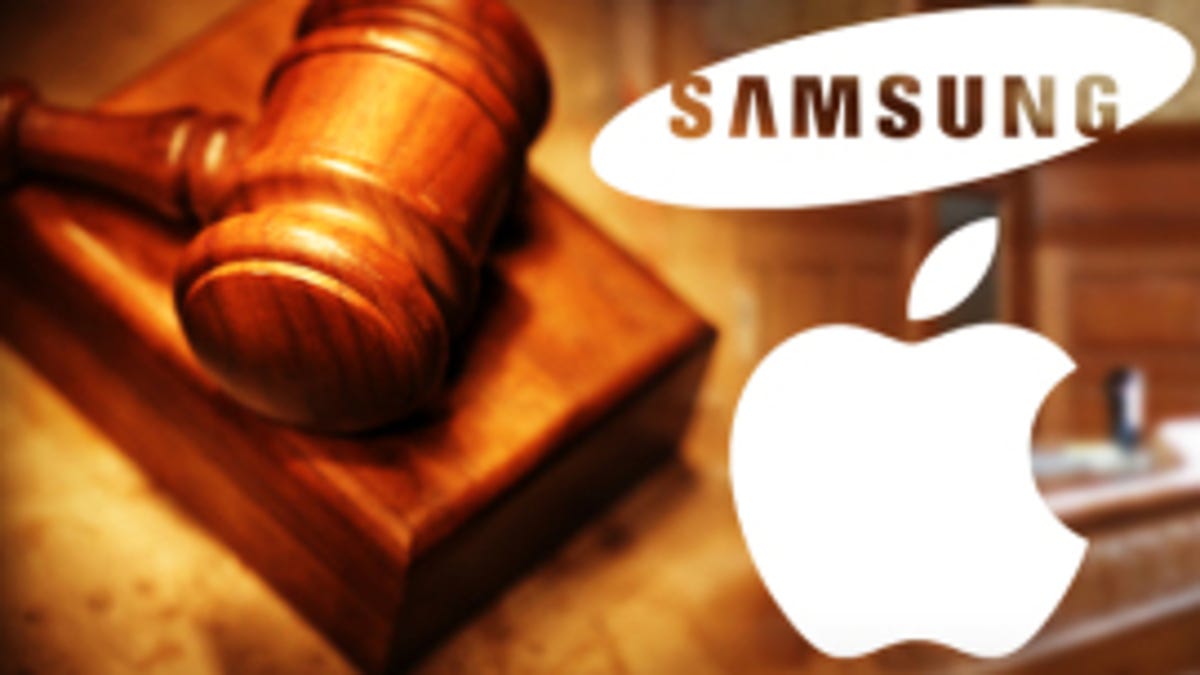President Obama declines to veto ban on Samsung products
The Obama administration's move comes just a couple of months after it vetoed another ban on Apple imports.

President Barack Obama has decided against vetoing a possible ban on Samsung products.
Samsung requested the Obama administration veto a court-ordered ban on Samsung products that US International Trade Commission ruled infringe on two Apple patents. Bloomberg was first to report on the news on Tuesday.
The president has the power to veto decisions made by the ITC, but such moves are extremely uncommon. In August, for the first time since 1987, the Obama administration vetoed an earlier ruling by the ITC that would have seen Apple's products banned in connection with another Samsung patent-infringement case. The veto was sent down after the administration argued it could have hurt competition in the US.
Samsung was understandably displeased with the decision, but had no recourse following the president's veto.
US Trade Representative Michael Froman said in a statement Tuesday that he "carefully" considered the impact a ban on Samsung devices would have on competition, but decided to allow the import ban to continue. Froman also presided over the earlier ruling on Apple products.
Although likely displeased by the decision, Samsung won't necessarily feel a major impact following the ruling. The import ban relates to two Apple patents related to touch-screen technology and headphone jacks, respectively. Although some of Samsung's older devices allegedly infringe those patents, the company's newer products, including the Galaxy S4, do not.
However, since there isn't a set list of banned products -- the order affects gadgets defined as "electronic media devices" -- Samsung has expressed concern the order could spill out to other devices that weren't a part of the original complaint.
"The order expressly states that these devices and any other Samsung electronic media devices incorporating the approved design-around technologies are not covered," Froman said in a statement.
Samsung might still have another out: the company can delay the ban by bringing the case to a US appeals court. Such a move would require justices to determine the legality of the particular ban and would push off and injunction until the case is settled.
This story has been updated throughout the morning.

